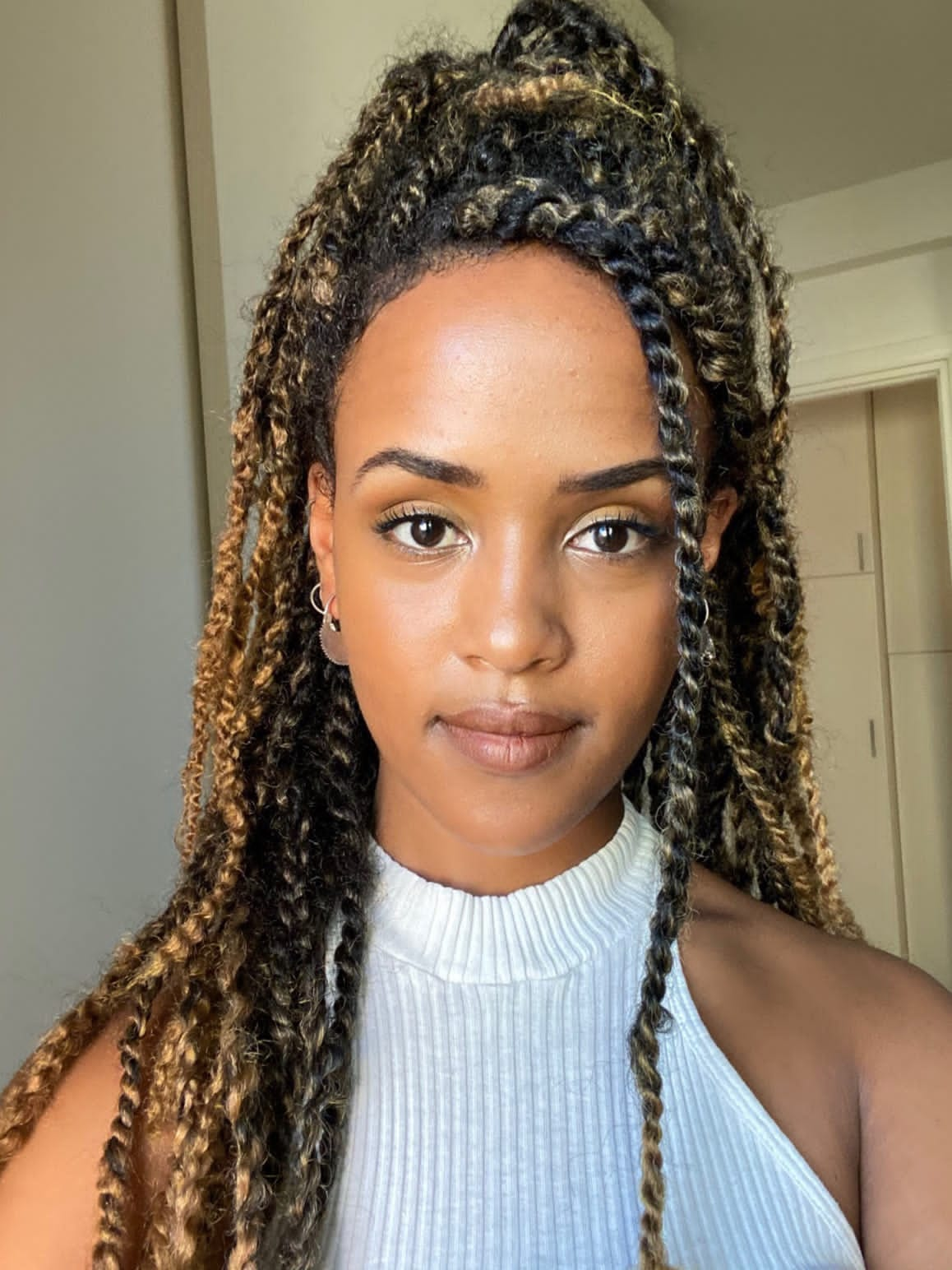When the Ethiopian Federal Government representatives and those of the Tigray People’s Liberation Front (TPLF) signed a peace agreement in Pretoria, in November last year, the two parties were hailed for ending arguably the deadliest conflict of the 21st century, in which over 600,000 people had died.
But long before the negotiators for peace got around to an agreement, there were many other unsung heroes, who, through individual and collective efforts helped sustain the world’s gaze on the dire situation in Tigray, despite the Ethiopian Government’s determined efforts to hush it up.
One such advocate is Rita Kahsay. Born only 24 years ago in Adwa, Central Tigray, she developed a keen sensitivity to inequality and injustice at an early age: The Irob community in which she was born is an indigenous minority in Tigray and was often in short supply of social amenities from clean water to decent housing.
“My mother often made room in our one-room house to shelter other people who didn't have anywhere to sleep, and she always encouraged us to share the little we had with them. The first time I visited my dad’s parents, in rural Irob, where my grandmother still lives, there was no clean water, and she would make ridiculous efforts to find some (clean water) for us. These experiences opened my eyes to the inequality all around us from an early age,” she says.
Rita Kahsay Tweet
But inequality was not the only issue that would trouble Rita’s early years. A year after she was born, war broke out between Ethiopia and Eritrea over the border town of Badme, causing a lot of insecurity for border communities and displacing hundreds of others. Rita’s family was one of those endangered by the war, and in 2000, her father left for the United Kingdom (UK), where he was joined by the rest of the family six years later.
In the UK, Rita pursued Chemical Engineering at University, determined to return to Ethiopia, to work on enabling greater access to safe water for her Irob community in Tigray. But this was not to be. In November 2020, fighting broke out in Tigray between the TPLF-led regional government and Ethiopian Federal Government, after the former insisted on holding regional elections the latter had decreed against.
The next two years were the most devasting the region has had. To subdue the TPLF, the federal government blockaded Tigray, cut off water and electricity supply, disconnected the internet, and blocked food and medical supplies from entering the region. The result was a humanitarian catastrophe, with a later study finding that at the peak of the conflict, between 400 -900 people died from starvation daily. But hunger was not the only weapon of war used against the Tigrayans. Rita says the federal government troops weaponized rape and sexual violence.
“One of the most reprehensible aspects of the war on Tigray was the use of conflict-related sexual violence (CRSV), as a weapon of war and genocide. Ethiopian, Eritrean and Amhara forces used a combination of rape, sexual slavery, enforced impregnation and enforced sterilization to subdue the Tigrayan population. Due to the information blockade imposed by the federal government, the exact number of survivors is uncertain, but Conservative estimates suggest that at least 120,000 women and girls were made victims of CRSV in Tigray in 2021,” she says.
Rita Kahsay Tweet
Anguished by the suffering of her people and determined to not let the Ethiopian Government succeed in covering it up, Rita joined the advocacy front of those seeking to expose the human rights violations associated with the war in a bid to provoke the world’s revulsion against the atrocities and to hold perpetrators accountable. Over the last three years, she has worked with various public interest litigation organisations collecting evidence of rights violations and gathering testimonies of victims, to enable future prosecution of those responsible.
“It (her advocacy work) may not restore all that has been lost for the people of Tigray, but hopefully can ensure that somebody gets to be held accountable for the crimes committed. We cannot cover up the crimes and move on as if nothing happens. There can never be peace without justice,” she says.
Rita Kahsay Tweet
Rita is particularly incensed by the sexual violence and the enduring damage it will have on Tigrayan women, girls and their families. Last year, she spoke at the 73rd Ordinary Session of the African Commission on Human Rights in The Gambia and addressed the European Union Parliament on how sexual violence was weaponized against Tigrayan women and girls and called for a thorough investigation to that effect. In the meantime, she and her colleagues are painstakingly researching and documenting stories of victims, which they this year published in a book; In Plain Sight: Sexual Violence in the Tigray Conflict. The book is now available on Amazon and costs $7.95, and Rita says proceeds will go towards rehabilitating the victims of sexual violence.
For her relentless advocacy, Rita has been routinely threatened, both physically and online. But she says, giving up is not an option for her:
“I must speak up for the vulnerable and marginalised. It is a responsibility those of us privileged with an education and access must shoulder. I want the culture that enables sexual and gender-based violence to end. I want state impunity to end, to see states go back to being the promoters and protectors of rights they’re supposed to be, and not the perpetrators of human rights violations that they have become,” she says.
Rita Kahsay Tweet

